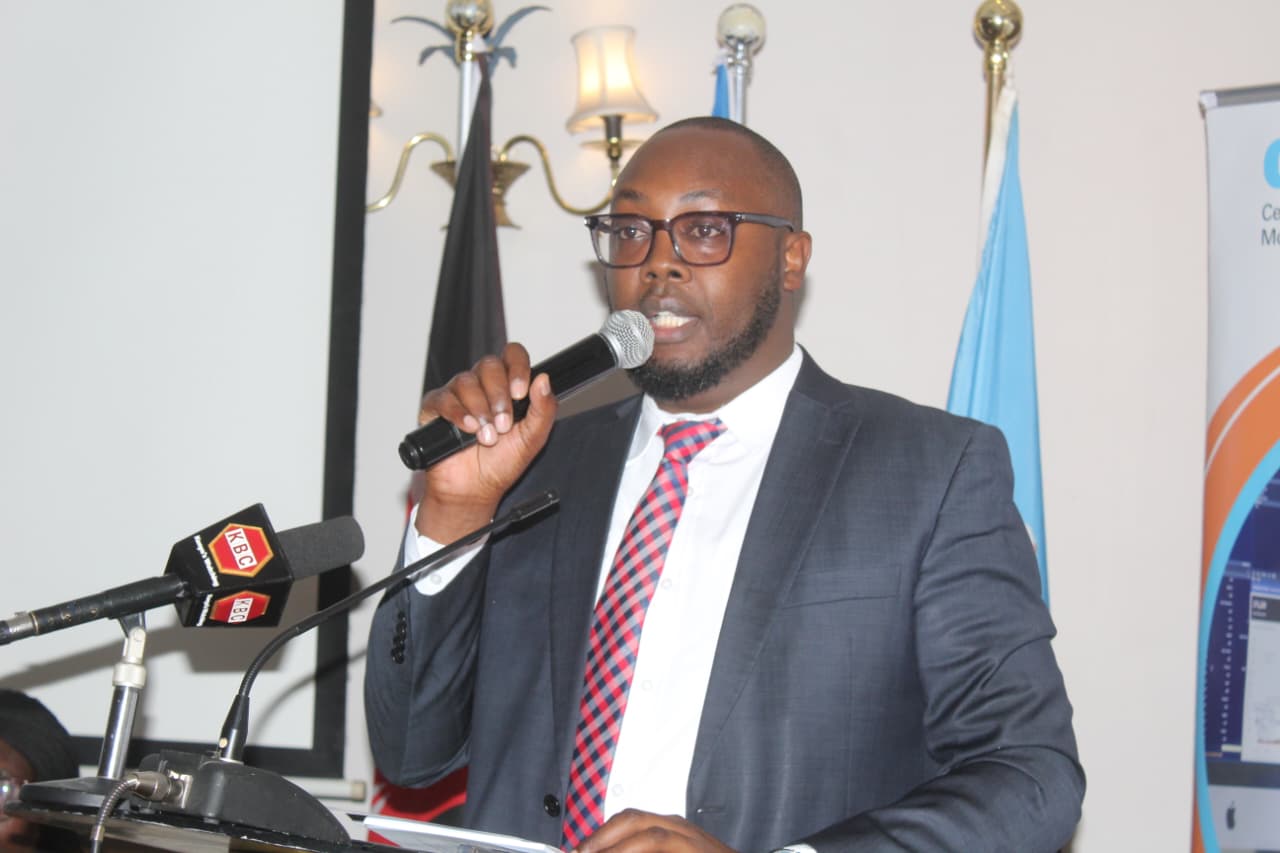Dr Loice Ombajo, Infectious Disease Specialist, Senior Lecturer at the University of Nairobi/ Photo/Elisha Singira.
An expert has cautioned people against taking antibiotics every
time they feel sick, without a doctor’s prescription and without the necessary testing.
During a roundtable discussion in preparation for the World Antimicrobial Awareness Week slated for November, Dr Loice Ombajo, an infectious disease specialist and senior lecturer at the University of Nairobi, warned
people against over-reliance on over-the-counter antibiotics whenever they feel
some illness in the body.
Dr Ombajo said, “Don’t take
antibiotics when you don’t need them because every antibiotic you take puts you
at risk of getting a resistant bacterium.” She added, “When I fall sick
today and go to the hospital and request an antibiotic that I know, then tomorrow
my child falls sick and I go and request another antibiotic without the doctor’s
prescription, we are basically creating an environment of resistance.”
The meeting was organised by the Centre for Epidemiological Modelling and Analysis (CEMA), where she is a co-director.
According to the World Health Organisation, Antimicrobial
Resistance (AMR) occurs when bacteria, viruses, fungi and parasites change over
time and no longer respond to medicines, making infections harder to treat and
increasing the risk of disease spread, severe illness and death.
She further
advised against the use of antibiotics for every infection because some infections can be cured without using an antibiotic.
Ombajo warned against using
strong antibiotics to treat infections that would otherwise be treated with weaker antibiotics. She called on people to adhere to the full dosage of
medicines even if they feel better after finishing the first day’s dosage.
“If you don’t
stick to the full dosage of the prescribed medicine, you’re not treating yourself
but creating a horrible situation for yourself. If you have the commonest
reasons for antibiotics use for upper respiratory tract infections, like the common
cold, you do not need to use an antibiotic for this treatment. We need to start
thinking about how do we protect our future and the future of our children,”
she said.
Speaking during
the forum, Dr. Emmanuel Tanui, the National AMR focal person, elaborated on the
national action plan for prevention and
containment of antimicrobial resistance in the country. He pointed out priority
issues that the country needs to prioritise to address the issue of AMR, including
awareness creation across the country.
“We need to
create awareness among communities, members of the public and the professionals
as well. Once people are aware of the level of resistance and the impact
that it causes, then they can be able to start the journey of behaviour
change, because once you change the behaviour in terms of the misuse of
antimicrobials, then we lower the level of resistance,” he said.
However, Ali
Kassim, clinical microbiologist, noted that even with the effort put forth to address
the AMR issue, only 20 countries provide surveillance data on culture
sensitivity tests (a lab procedure that identifies the specific microorganisms
causing an infection and determines which antibiotics will effectively treat
it), largely due to a lack of capacity. He said that this has derailed the effort to end AMR in the country.
